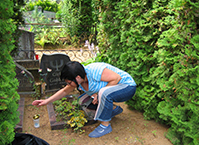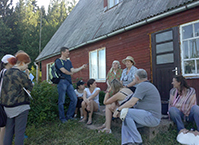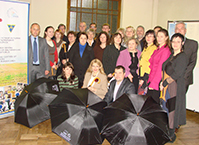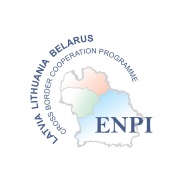About the memory books
Categories: Liga Seikste-Deksne
Very often, we set our past retroactively, but there are such witnesses of the past as memory books. Have you ever had such books at school and what you could say about it?
Well, yes, memory books were popular when I attended primary school. Everyone had a notebook, which was given to friends and they were asked to write a wish; one could flash with his ability to lay out a verse in beautiful handwriting, to supplement it with some drawing or a nice postcard in remembrance of himself. I think that nowadays, draugiem.lv photo galleries would hardly surpass those memory books, at least not in respect of individual style.
But looking back on former dates, for example, my mom has rather a great pile of those memory books, because in former times girls did not only write poems for each other in remembrance, they did not only drew pictures, but also wrote the lyrics of dinner songs, different poetry. And those books even travelled from one girl to another, and they rewrote something to keep for themselves.
Let’s say, in the 80ies, such travelling song books already contained newspaper cuttings, because, as it’s known, the newspapers also published Microphone survey songs with all the scores, with all the chords. And all that appears in those memory books. In some books, besides the songs and wishes there are various relatives’ and friends’ greeting cards on different occasions, letters designed in interesting ways. There are also young men’s letters written from the army, for instance, some beautiful envelopes, which are now becoming increasingly unpopular, because we simply do write letters by hand and don’t send greeting cards anymore. Therefore, I think that now they are becoming a history, but at the same time, I don’t know if there are people who would willingly give such folklore materials of the 20th century to a museum, just because they are very personal. Thus, keepsakes are usually kept with the same lenience as, for instance, family jewellery.
Video
Researcher: Dr. philol. Valentīns Lukaševičs, Daugavpils Universitāte










